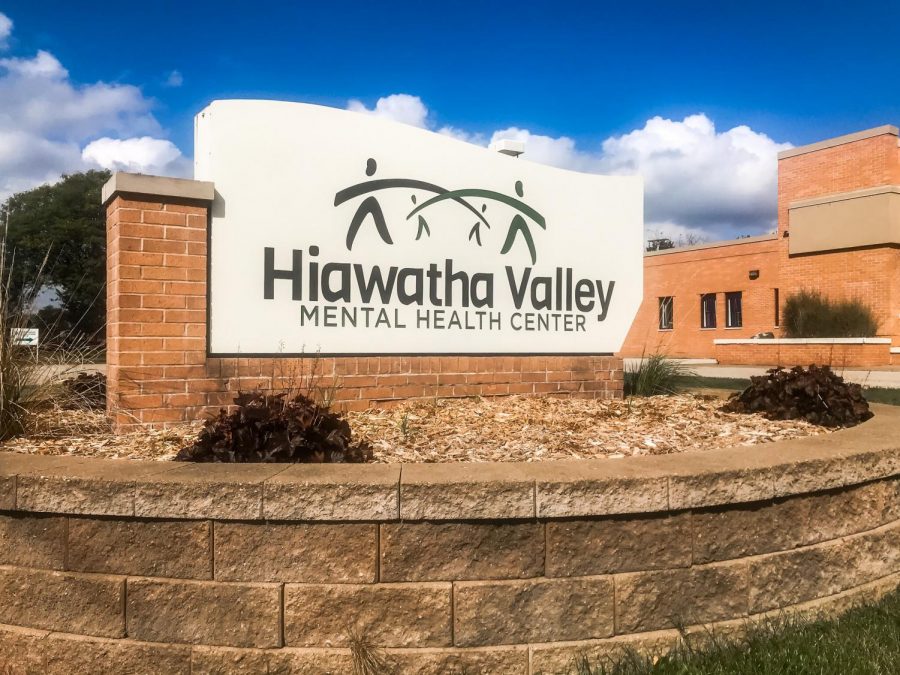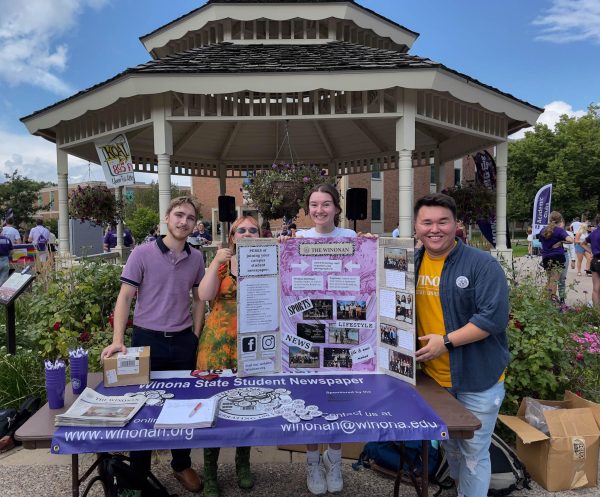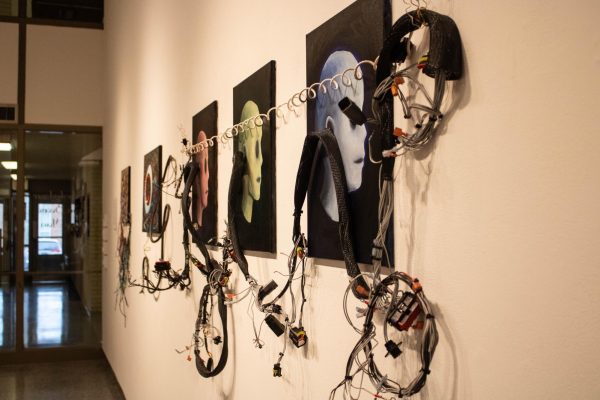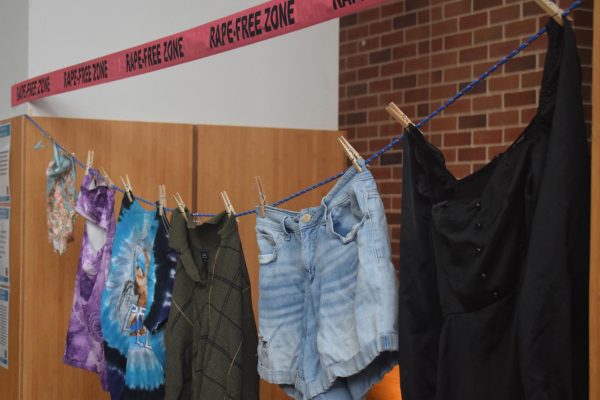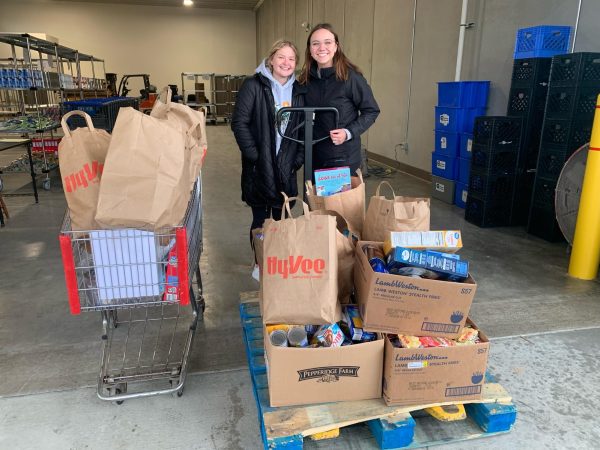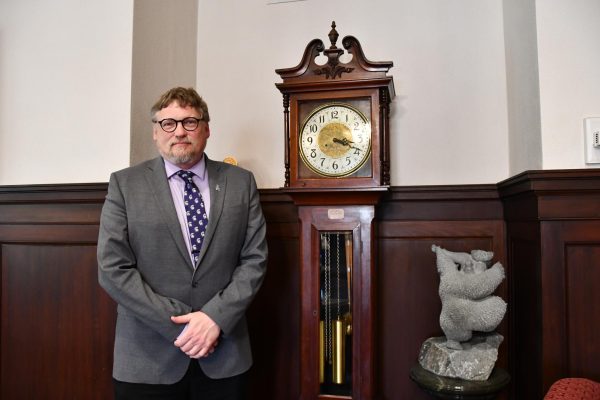Substance abuse resources available for WSU students
According to the most recent data available, the 2018 Boynton Survey, 30% of Winona State students were considered high-risk drinkers. Hiawatha Valley Mental Health Center hosts an out-patient substance abuse program with separate meetings for men and women held weekly. They can be contacted at 507-454-4341.
October 6, 2021
Although the number of college students using alcohol is declining, alcohol abuse and addiction is still prevalent. Addiction prevention and recovery resources can lower this number.
As written by Science Daily, “[R]esearchers found the prevalence of alcohol use by first-year college students decreased from 54.2% before the pandemic to 46% mid-pandemic. The prevalence of binge drinking dropped from 35.5% before the pandemic to 24.6% mid-pandemic.”
Phillip Huerta, program coordinator of the Alliance for Substance Abuse Prevention coalition and Winona State University alumnus, attributes this decline to “a lot of good positive health prevention work.”
A large part of prevention is education; some students are not aware of how dangerous alcohol can be.
“There are still a fair amount of students that perceive low risk of harm from using substances, when in reality they can be harmful to the person,” Huerta said.
According to the National Institute on Alcohol Abuse and Alcoholism, “1,519 college students between the ages of 18 and 24 die [each year] from alcohol-related unintentional injuries, including motor-vehicle crashes.”
Alcohol use has many disadvantages, and students are still using it. There were eight liquor law violations on campus in the course of one week, as reported in last week’s edition of The Winonan.
Health Promotion graduate assistant Alice Bygd meets with students that receive substance use sanctions. Bygd spoke to alcohol use at Winona State.
“All of the people who got sent my way [this semester] had alcohol offenses,” Bygd said.
According to the most recent data available, the 2018 Boynton Survey, 30% of Winona State students were considered high-risk drinkers.
Serena Bohn, Winona State mental health counselor for two years, previously worked with addiction issues at Common Ground Recovery. Bohn offered her perspective on Winona State’s current lack of recovery options.
“If we’re looking at something with addiction, it typically is really complex and there’s a lot of elements to it. It requires quite a bit more work and resources than what we [Winona State] have available.”
The University of Wisconsin (UW) La Crosse has a Collegiate Recovery Program. Winona State previously had a similar group called Recovery Warriors.
While Winona State may not have any recovery options, students struggling with alcohol addiction have resources available to get help within the city.
Identifying the problem is the first step to getting help.
“If you’re drinking and the end goal is, ‘I want to blackout…’ I would say that’s problematic drinking,” said Bohn.
For students with a substance use problem, Alcoholics Anonymous and Narcotics Anonymous meetings are available in Winona.
Bohn said, “It’s as easy as Googling AA or NA meetings in the area.”
While these group meetings work well for those needing a community of support, some need more intensive treatment for their addiction struggles.
“You need an alcohol and drug assessment to get into any type of treatment,” Huerta said.
The following facilities in Winona offer alcohol and drug assessments, also referred to as chemical assessments, as well as a variety of out-patient, intensive out-patient, and residential treatment programs.
Common Ground Recovery provides outpatient and intensive outpatient (IOP) treatments along with sober housing to both men
and women.
Students interested in Common Ground Recovery can reach the facility at 507-453-0023.
Hiawatha Valley Mental Health Center hosts an out-patient substance abuse program with separate meetings for men and women held weekly. They can be contacted at 507-454-4341.
In addition to substance use based counseling services, relapse prevention and 12-step programs are available through Winona Counseling Clinic, Inc.
Winonacounselingclinic.com states, “Our goal is to help each person find hope for healing, personal growth and wholeness.”
The Winona Counseling Clinic, Inc. phone number is 507-454-3900 for students wanting to utilize their services and programs.
Associates in Mental Health and Addiction Services (AMH) offers various addiction services.
“[We] can and will help you get and stay clean,” hvmhc.org stated.
For more information regarding their addiction services, AMH can be reached at 507-452-5206.
An out-patient substance abuse treatment group is offered through Counseling Associates, LLC.
“We recognize that there can be a link between substance use and mental health, and because of that link we offer mental health and chemical dependency treatment,” winonacounseling.com said.
Counseling Associates, LLC’s phone number is 507-452-5033.
Staying away from alcohol entirely is a great way to prevent an addiction problem, but that is not always realistic.
“Binge drinking is part of the culture,” Bohn said.
If a student suffers from or thinks they may have an alcohol addiction, there are many resources available to them. Recovery is possible.























































